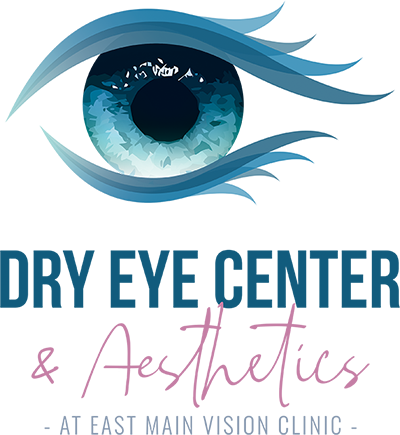May 31, 2020

Due to the spread of COVID-19, millions of American children are now learning at home. Digital homeschooling has provided a dependable alternative form of education. It’s something that parents might even consider sticking with once the global health crisis recedes.
Tips on How You Can Keep Your Child’s Eyes Healthy
The novel coronavirus pandemic has opened up access to education like never before. With a wide array of online learning resources available, it’s almost impossible to keep your kids away from their screens. Here’s how you can keep your child learning while keeping their eyes healthy:
· Limit Exposure to Blue Light. Staring at a phone, tablet, computer, or television screen for any amount of time exposes you to the blue light from the device. Since your child tends to blink less when looking at the screen, it will cause eye strain and dry eye. Blue light can also disrupt your child’s natural wake and sleep cycle. This can make it harder for him or her to get to sleep. If your child spends three hours or more in front of a screen every day, the use of blue light glasses may be recommended. This technology helps filter the high-energy blue light that’s coming from the screen.
· Consider Myopia Control. The incidence of myopia or nearsightedness in the United States nearly doubled since 1971. Even before the COVID-19 pandemic started, this refractive error was already viewed as a worldwide problem. The exact cause, however, is still not clear. Some studies provide evidence on how sustained focusing activities can lead to this condition. If your child is nearsighted, myopia control may be a necessary intervention. Myopia control techniques help to slow the progression of nearsightedness in children and young adults. These treatments usually include the use of special eye drops, contact lenses, and/or eyeglasses.
· Teach Your Child Better E-Learning Habits. Teach your kids to develop healthy learning habits at home to help protect their eyes. In addition to the assistance of blue light glasses, you can set limits on screen time. They likely already know, running too far will cause their legs to hurt, so they stop. In the same way, reading or watching videos for too long will cause fatigue in their eyes, so they should limit the time spent on these activities, and take frequent breaks. Remind them to adjust the contrast and brightness of their screen to a comfortable level. As mentioned, the glare of blue light on the screen can cause eye strain. Tell them to attempt to hold their digital device at least 18 to 24 inches away from their face. Remind them to blink often when watching their phone or computer screen. Also, it helps if they look up and out the window for 20 seconds every two chapters. Alternate reading an e-book with a real book. Lastly, let them set a smart device timer to remind them of these necessary digital breaks.
The Importance of Recess
According to the American Academy of Pediatrics, recess is an essential part of a child’s optimal development. Their research revealed that physical activity, as well as breaks from stationary learning, contribute to a child’s physical, emotional, and social development.
In addition, the American Academy of Ophthalmologists discovered the potential link between spending time outdoors, especially in early childhood, and the slow progression of nearsightedness.
Has too much screen time caused discomfort in your child’s eyes? We, at East Main Vision Clinic in Puyallup, Washington, can help your child find relief from this problem. Call us now at (253) 780-0700 for more information.



